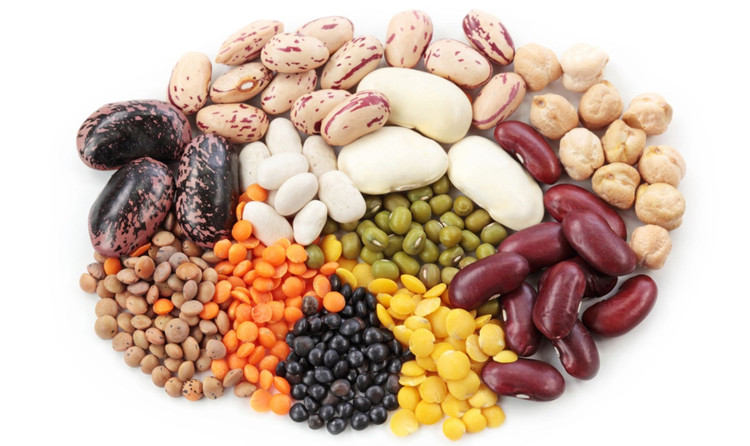Diet to prevent Alzheimer's
A diet rich in thiamine may reduce the risk of Alzheimer's disease, but some age groups, such as the elderly, do not supplement this essential substance.
The feeling of being indifferent or sometimes forgotten is not too unusual. However, for some people, this may be an early warning sign that they do not have enough thiamine (also known as vitamin B1 ). In the long run, this can lead to serious health consequences, including an increased risk of developing Alzheimer's disease. Many people think that Alzheimer's is an inevitable result of old age, or it is already available in our genetic genes.
However, most of the elderly in the world do not suffer from Alzheimer's, and now it is clear that human lifestyles as well as how to apply the defined daily diets play an important role in eliminating risk of this dangerous disease.
Ensuring a daily diet containing enough thiamine is one of the smartest and most essential decisions, according to The Conversation, quoted by expert Richard Hoffman, a biochemistry professor at the University of Hertfordshire (UK). The central role of vitamin B is now clear. The brain needs thiamine to convert glucose into energy and does not have enough thiamine, brain cells are pushed into mass death. The brain also needs thiamine to produce acetylcholine , the key neurotransmitter often lacking in Alzheimer's cases. Experts found that thiamine has a particularly low concentration in patients and early stages of cognitive decline.

Some rich thiamine beans help prevent memory impairment.(PHOTO: SHUTTERSTOCK).
There are ongoing studies to determine whether absorption of thiamine forms may reduce the symptoms of the disease. And the results are clear: a healthy brain needs a complete and stable supply of thiamine.
So, how can you ensure that every day you absorb all the necessary vitamins for this brain? In fact, thiamine is found in whole grains, pork, salmon and beans.
However, care must be taken while handling foods containing vitamin B1 for everyday foods . The reason is that thiamine is especially heat sensitive , easy to dissolve in water, so it easily leaks from vegetables and beans during cooking. Some people think of a supplement with multivitamin. It seems that this is a feasible idea for some people, but one point should be kept in mind: thiamine is not like other vitamins, especially difficult to absorb in the form of tablets or capsules.
Now, nutritionists have gained a common understanding that the most effective way to absorb thiamine is through eating and eating a healthy diet .
In contrast to the Paleo diet that is warned to cause vitamin B1 deficiency, the Mediterranean diet has been shown to be extremely effective in trying to supplement vitamins for the brain to reverse Alzheimer's disease. That's why many studies uphold the Mediterranean diet if people want to maintain a sharp intellectual capacity despite old age.
- Vegetables help prevent disease
- How to eat to prevent cancer
- A healthy diet at age 50 can reduce the risk of dementia
- Unreasonable diet is the highest cause of cancer
- 'Diet Plate': Eating plate to prevent obesity
- Eat these two together, reduce up to 33% risk of lung cancer
- Side effects of low-starch diets
- Nobody's side effect is to meet the divine Keto diet
- The trendy diet suddenly suppresses lung cancer
- The plate can control the user's diet
- Excess fat diet causes type 2 diabetes
- Traditional Mediterranean meals help prevent diabetes
 Green tea cleans teeth better than mouthwash?
Green tea cleans teeth better than mouthwash? Death kiss: This is why you should not let anyone kiss your baby's lips
Death kiss: This is why you should not let anyone kiss your baby's lips What is salmonellosis?
What is salmonellosis? Caution should be exercised when using aloe vera through eating and drinking
Caution should be exercised when using aloe vera through eating and drinking